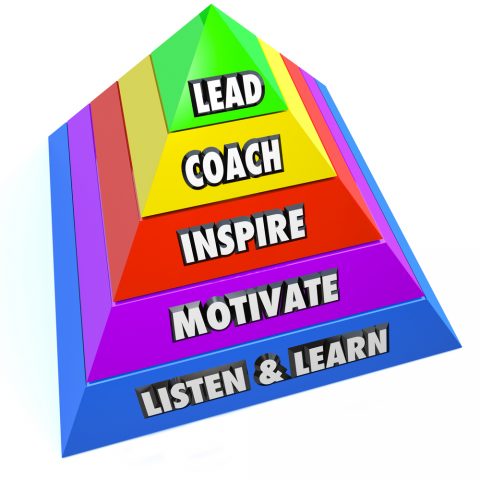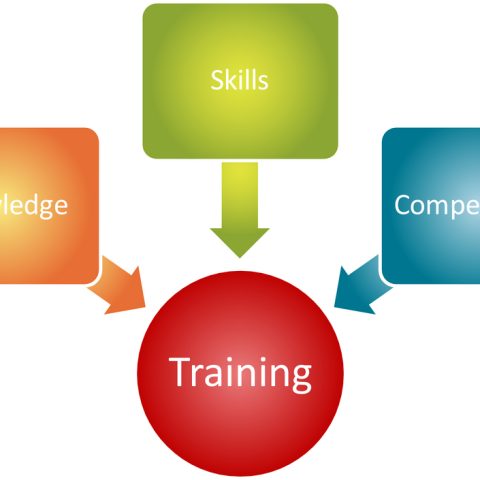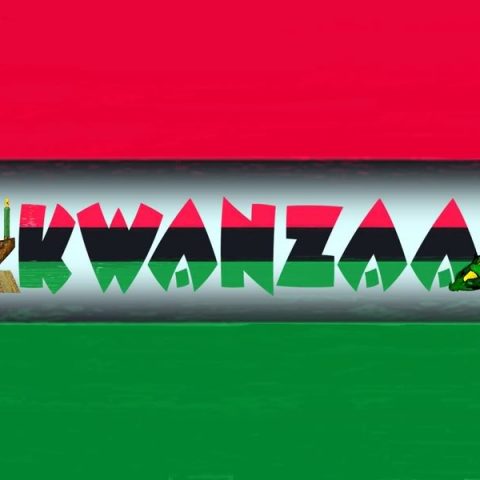 In addition to Christmas, my family also celebrates Kwanzaa. Usually, my husband and I host a Kwanzaa party every year on the Saturday after Christmas. We love bringing together our diverse friends and family at an event that helps us to acknowledge and give thanks for our lives, family and community. So what is Kwanzaa and why do we celebrate it?
In addition to Christmas, my family also celebrates Kwanzaa. Usually, my husband and I host a Kwanzaa party every year on the Saturday after Christmas. We love bringing together our diverse friends and family at an event that helps us to acknowledge and give thanks for our lives, family and community. So what is Kwanzaa and why do we celebrate it?
Kwanzaa is an African-American celebration of life that is held every year from December 26 to January 1. Though Kwanzaa is based on East African concepts and uses the KiSwahili language (spoken primarily in eastern and central African countries such as Kenya, Uganda, Tanzania), its origins are American. Dr. Maulana Karenga, professor and chair of Africana Studies at California State University, Long Beach created Kwanzaa in 1966. In KiSwahili, Kwanzaa means ‘fresh fruits of the harvest.’ In celebrating Kwanzaa, we reflect on the blessings of our culture, and honor our history and ancestors.
The seven principles of Kwanzaa are represented by the mishumaa saba (seven candles) in the kinara (candleholder). The colors of the candles — 3 red, 1 black and 3 green — reflect the colors in flags of African liberation movements. Each day the family gathers to light one candle and to focus on and share their thoughts on one principle. At our Kwanzaa festival, different children light each candle, and read the principle for it.
As stated on http://www.history.com/topics/holidays/kwanzaa-history, the seven principles or nguzo saba of Kwanzaa are:
1. Umoja (oo-MO-jah): Unity
To strive for and maintain unity in the family, community, nation, and race.
2. Kujichagulia (koo–gee–cha–goo–LEE–yah): Self-determination
To define ourselves, name ourselves, create for ourselves, and speak for ourselves.
3. Ujima (oo–GEE–mah): Collective Work and Responsibility
To build and maintain our community together and make our brother’s and sister’s problems our problems and to solve them together.
4. Ujamaa (oo–JAH–mah): Cooperative Economics
To build and maintain our own stores, shops, and other businesses and to profit from them together.
5. Nia (nee–YAH): Purpose
To make our collective vocation the building and developing of our community in order to restore our people to their traditional greatness.
6. Kuumba (koo–OOM–bah): Creativity
To do always as much as we can, in the way we can, in order to leave our community more beautiful and beneficial than we inherited it.
7. Imani (ee–MAH–nee): Creativity
To believe with all our heart in our people, our parents, our teachers, our leaders, and the righteousness and victory of our struggle.
In addition to the kinara, we decorate our table with the other symbols of Kwanzaa. The mkeka (mat) made from straw and cloth goes down first as it symbolizes the foundation that we stand on and build upon. Mzao (fruit and vegetable crops) which represent the collective work of the harvest and African American’s ties to agriculture, are placed on the mat.
Muhindi (corn) symbolize the children and future generations. One ear of corn is laid on the mat for each child in the household. Zawadi (small presents) are part of the traditional celebration, but to reduce the expense and pressure of buying more stuff, we do not exchange gifts.
One of the highlights and most emotional parts of our celebration is when my Nigerian brother-in-law, Bourdi Apreala, uses the kkimbe cha umoja or unity cup to pour libations on the hearth to honor and remember our ancestors. He chants the libation in his native language, Ijo, and insists that it be done only with alcohol to fortify the ancestors.
And of course, there’s lots of good food to eat. I usually serve traditional southern and African foods like black eyed peas with okra, fried chicken, collard greens and Jollof rice.
This year some of the Kwanzaa principles really resonate with me and feel especially significant. Starting my consulting business has really been about self-determination (Kujichagulia) and purpose (Nia) for me. By taking full control over my work life I have the freedom to determine how far and wide I can go, and this will allow me to succeed or fail based upon my abilities, perseverance and hard work. I have a strong sense of purpose and commitment to apply my knowledge to make a difference in the community by helping nonprofit organizations to deploy transformative programs.
The principles of Ujima (Collective Work and Responsibility) and Ujamaa (Cooperative Economics) are also meaningful and important to me. By focusing my business to work with mission-driven organizations dedicated to social change, my goal is to collaborate with them to implement solutions which help communities thrive. In today’s divisive and partisan environment, it’s more important than ever that we don’t become numb to the suffering of others, but that we work collectively to alleviate the suffering and build strong communities.
The traditional Kwanzaa greeting of “Habari gani” means “How are you?” or “How’s the news with you?” However and whichever holiday you celebrate, I hope that you are good, and wish you a happy one.



